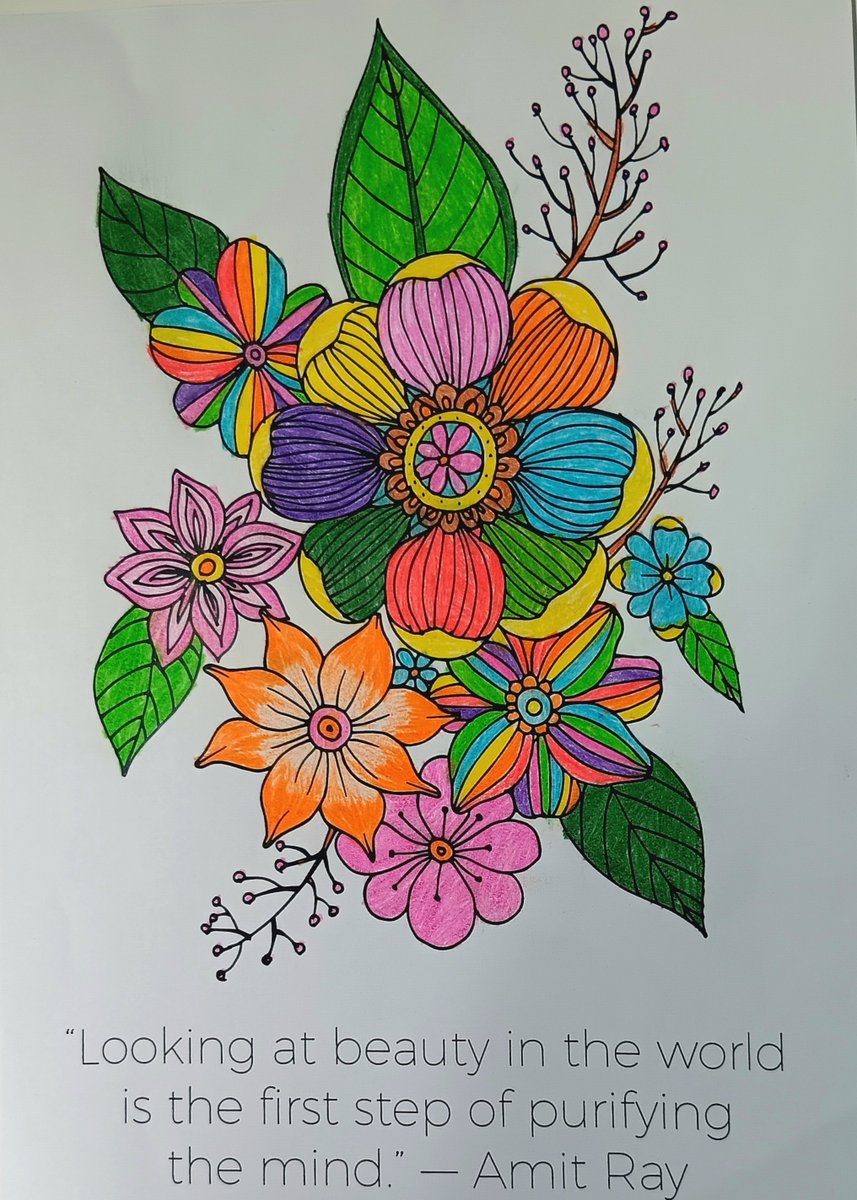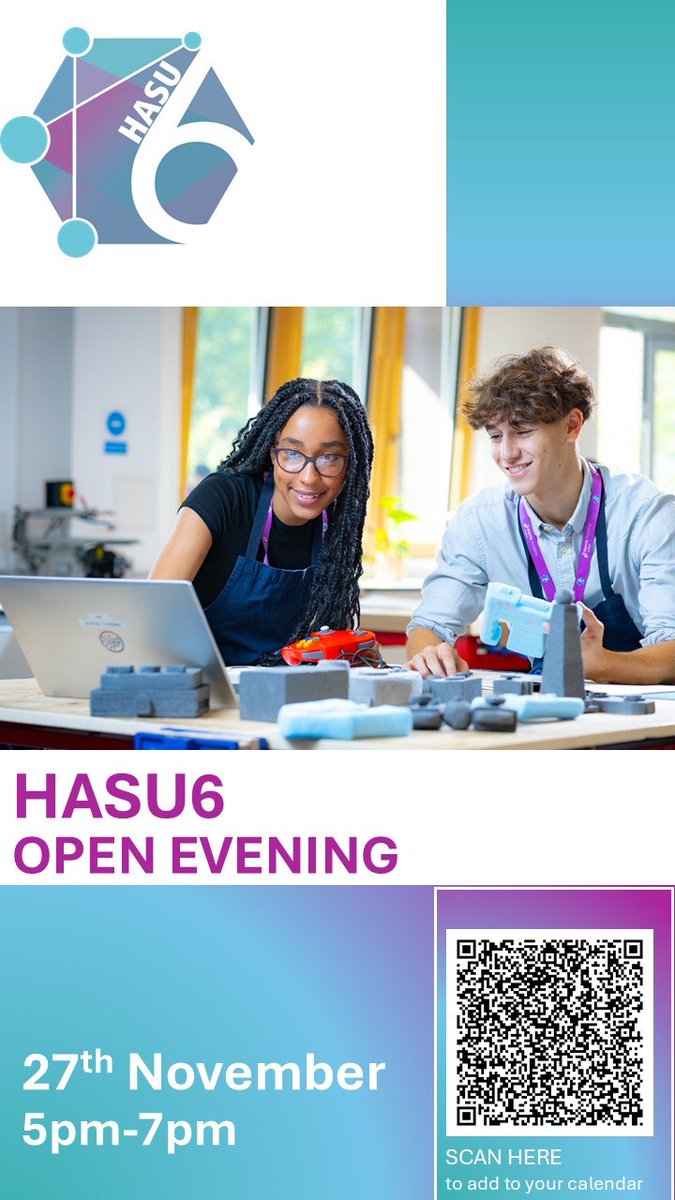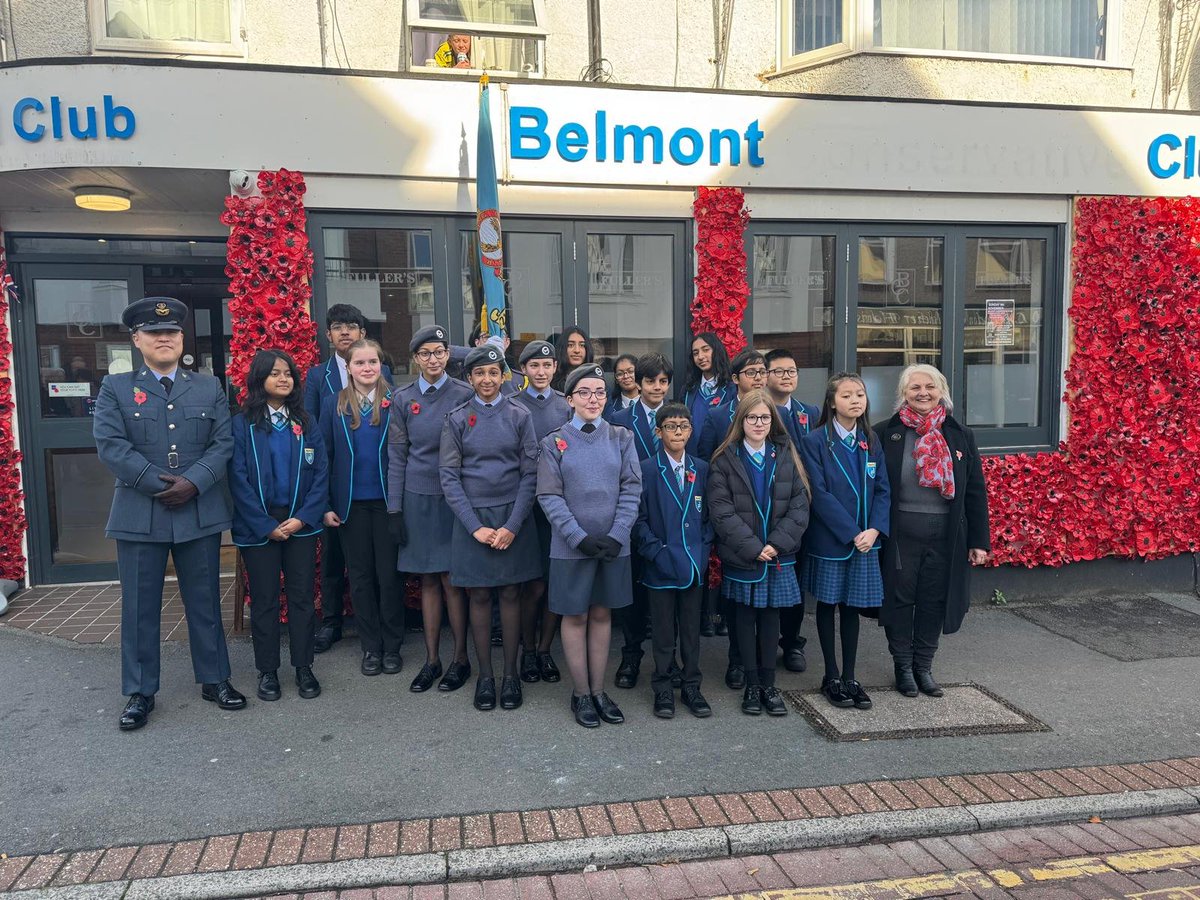Homework

At Harris Academy Sutton, we place a strong emphasis upon the importance of high-quality homework for all year groups. We see homework as a vital part of a student's learning experience, that enhances their attainment and develops them into more independent learners.
What will homework look like?
All subjects will set valuable and bespoke homework tasks that support the student’s development of their curriculum knowledge. Every homework is carefully planned to promote and consolidate learning and to retain knowledge learnt it lessons.
Homework tasks set may include:
- Assignments, which can consist of a variety of activities and tasks
- Quizzes and Spelling Tests, set via Satchel, testing knowledge and understanding
- Subject specific platforms, like Kerboodle, Hegarty maths and Bedrock
Key Stage 3
All homework tasks are intended to take between 20 and 40 minutes (except for Art and DT which will be 1 hour).
Key Stage 4
All homework tasks are intended to take between 40 and 60 minutes (additional work may be needed for practical subjects).
How will homework be set?
Homework at HASU is set via our Virtual Learning Platforms:
|
|
Satchel:One |
All Key Stage 3 Subject Homework (except Computer Science) All Key Stage 4 Subject Homework (except Computer Science) |
|
|
Microsoft Teams |
Computer Science homework Key Stage 5 Subject Homework |
What happens if a homework is incomplete?
Should a student fail to complete a homework task without an appropriate reason they will receive a strike in the homework page of their planner. Students who repeatedly fail to complete homework will be invited to Homework club where they will be suported in completing their homework consistently.
How will high-quality homework be celebrated?
High-quality homework will be celebrated regularly through sharing in lessons, incorporated into subject displays, merit awards, post-cards sent home and praise.
Will there be additional support with homework?
The Academy will run both Homework Club and SEND Academic Support Club. Students are encouraged to attend if they need further support completing their homework, and both operate on a drop-in basis (students can turn up!).
Students may be assigned to compulsory homework club in response to repeated failure to complete homework tasks.
Satchel:One
Satchel:One is the main tool that students will use to access their homework. Satchel:One can be accessed by clicking the image below or following the link:
(https://www.satchelone.com/login)
All students will receive their Satchel:One log-in details within the first few days of joining the Academy. For students in year 7-9 their username will be their academy email address (e.g. A.Bloggs@harrissutton.org.uk)
Parents can also set up a Satchel:One account to keep track of and monitor their child's homework. These details are also shared with students when they join the Academy. Parents who wish to set up an account but do not have these detail already can contact Ms Palm (k.palm@harrissutton.org.uk)
What if I need help with my Satchel account?
If a student cannot access Satchel:One from home, or is having any other issues, they should follow the steps below:
- Go to the Library at lunch time or after school to reset their password (instructions for resetting Satchel details are displayed on posters in the Library)
- See Ms Palm in Main Reception if they still can't get access.
What does Homework look like in different subjects?
Below can be found some brief information about the way homework is used in different subjects across the Key Stages.
Art
In Art and Design, homework is used as an opportunity to strengthen student’s understanding of great artists and craft makers and consolidate classroom learning. Students are set both written and drawing tasks that embed an understanding of visual language within Art and Design. At Key Stage 4, homework is a continuation of their personal responses to a theme, through research, experimentation of media and annotations of their development.
Business
In Business, homework is used as an opportunity to consolidate learning. Students will be set homework once a week and will be split into three parts. The first task will consist of a knowledge retrieval exercise that covers the key areas of learning for that week. The second part focuses on past MCQ exam questions to test their knowledge on the topic. The final part of the homework focuses on students' ability to consolidate and retrieve their knowledge in the form of a mind map drawing on their memory. These tasks are designed to support students with revision and address any knowledge gaps within the topic.
On occasions students may be asked to apply their knowledge of Business in the real world by summarising a recent news article and explaining how it relates to different aspects and topics of the Business course. This homework task is set to broaden student’s wider knowledge of business in the real world and apply their classroom learning to real life business scenarios.
Citizenship
Students will be set a variety of activities for homework to engage them with learning outside of the classroom. Homework will not only consolidate their classroom learning, through a mix of tasks ranging from quizzes and exam style questions, but they will also engage with case studies and research that can be discussed and dissected in the classroom following completion. Homework will also involve revision of previous topics, development of revision materials and practical work as part of the active citizenship topic.
Computer Science
In Computer Science, students will be set homework through Satchel One which will consist of a task set by their teacher based on content that is being covered in lessons allowing for practice and consolidation of concepts. The homework in computer science is research based with links to reference material provided.
At key stage 4, students will also be set GCSE exam questions to help them develop their exam techniques.
Dance
In GCSE dance, homework is used as an opportunity to consolidate and practice studio learning. Students are set both retrieval and preparation tasks which contribute to the learning in the next lesson. These differing homework styles encourage students to recall information that has been learnt as well as apply and rehearse new skills which have been shared within the studio. Through regular retrieval and practice, students grow in confidence in their application of skills. Studios are made available for students to rehearse certain homework tasks as rehearsing in their own time with use of mirrors is an excellent way of developing performance and choreographic skills.
Drama
In GCSE drama, homework is used as an opportunity to consolidate and practice classroom learning. Students are set both retrieval and preparation tasks which contribute to the tasks within the next lesson. These differing homework styles encourage students to recall information that has been learnt as well as apply and rehearse new skills which have been shared within the classroom. Through regular retrieval and practice, students grow in confidence in their application of skills meaning progress is maintained. It also threads together each lesson and outlines a clear learning journey for students over the two-year course.
DT
In Design and Technology, homework is used as an opportunity to strengthen students’ understanding of theory aspects; study of design and designers; and technical knowledge to consolidate classroom learning. This may take the form of written tasks responding to articles about topical issues covered in projects such as sustainability, or knowledge retrieval about materials and their properties. We also set creative and drawing tasks to further students’ idea development and designing skills. At Key Stage 4, homework for Product Design and Textiles is a continuation of their project work, responding to a theme through research, experimentation of media and annotations of their development. In Food Preparation and Nutrition, students will revise content across Food commodities, Principles of nutrition, Diet and good health, The science of food, Where food comes from in order to support their GCSE studies.
English
For homework, pupils use an innovative literacy improvement tool called Bedrock Vocabulary which is an interactiveâ¯website that helps children to learn important academic vocabulary.â¯As the pupils progress through the curriculum, they study hundreds of words, whilst reading fiction and non-fiction texts regularly.â¯They also fill in an online vocabulary notebook to practise using this vocabulary and parents and teachers can track progress on the programme with their own accounts
Vocabulary remains key to pupil success at KS4, so pupils continue to use Bedrock Vocabulary to learn important academic words for homework. By this point, pupils will have moved through the Bedrock curriculum and will be learning challenging vocabulary that is appropriate to their reading and word ability and are encouraged to apply this vocabulary in both analytical and creative writing tasks. Alongside this, pupils are set English Literature revision tasks related to their set texts which ensure pupils are regularly retrieving knowledge they have learnt in class and practising its application independently.
Geography
In Geography, homework is intended to consolidate classroom learning or practice key geographical skills. Homework will generally take the form of four styles of activity:
-
Research/source based- This is important so students can engage with contemporary events that link to geographical theories learnt in lesson.
-
Knowledge retrieval quizzes- These are based on Satchelone or Seneca encouraging them to recall information learnt in lessons which is important to embed geographical knowledge
-
Numerical/Cartographic/GIS Skills- These are key geographical skills students continually practice throughout their studies and will enable them to become more familiar and competent in accessing different forms
-
Extended Writing practice- Extended writing remains a key part of our curriculum and this will allow students to practice applying geographical language to explore writing like a geographer independently.
At Key Stage 4, students engage in similar activities as above, however there is also emphasis on creating revision materials, critiquing resources, and decision-making activities. These tasks are intended to support and enable students to become more confident independent learners.
History
For homework at KS3, students are largely completing one of three activities: knowledge quizzes, to enable students to consolidate and identify gaps in knowledge; source analysis, to practice key skills of inference and evaluation; or guided research sheets called ‘meanwhile, elsewhere…’ which allow students to explore a key event or time period in history from a more global perspective. These ‘meanwhile, elsewhere…’ sheets are designed to link chronologically to topics being studied in lesson, but provide broader knowledge, often allowing students to link global communities or to compare and contrast events.
At KS4 students engage with similar activities, however there is also more of a focus on practice and consolidation, with students completing exam questions and revision activities as part of their revision. Occasionally they will also be set short research tasks to give them more varied examples of case studies that can be used to strengthen their written answers.
Health & Social Care
In Health and Social Care, homework is used as an opportunity to consolidate learning. Students are set quizzes and short exam questions encourages students to recall the information that has been learnt during lessons. Through regular retrieval students will deepened their knowledge and improve confidence within these topics making completing the internally and externally assessments successful.
Latin
A range of activities is set for students to consolidate classroom learning, revise core knowledge and practise comprehension, translation skills and extended written questions as well. Students complete multiple-choice grammar and vocabulary tasks that support them to complete more challenging tasks such as comprehension and translation of an unseen passage. Homework also involves short quizzes that encourage them to recall key information about classical civilisation and prepares them to collect evidence for the synthesis of their extended written questions. At Key Stage 4 students engage with similar but more challenging tasks that focus on GCSE practice.
Maths
In maths, students will be set weekly homework tasks through Sparx Maths. The purpose of these tasks is to consolidate learning and develop fluency. This gives students the opportunity to practise topics that are being covered in lessons and get support through videos where required. Students will also complete tasks on previously taught topics. This retrieval of prior knowledge will help to embed learning in their long-term memory.
At Key Stage 4, students will also be set GCSE exam questions to help them develop their exam technique.
Music
At Key Stage 3 homework is not set regularly, but there will be occasions where students are asked to do some listening based homework to support the work they are doing in their lessons.
Homework is used at Key Stage 4 to consolidate learning that has taken place in the classroom. This could take the form of theory based questions, revising for a specific Learning Snapshot or listening to a piece of music and answering exam style questions.
Physical Education
In PE, homework is set at GCSE and is used to consolidate classroom learning. Students are set short retrieval tasks further applying studied topics and embedding their knowledge of physical factors affecting sports performance, sociocultural issues in sport and sports psychology. In addition, student complete smart learning algorithms and quizzes via the Seneca Learning platform, designed to address gaps in their knowledge.
Performing Arts
Students do not receive regular homework in performing arts however there are times when we will ask them to watch or listen to a particular video or piece of music to better prepare them for the work they are undertaking in class or to follow up on something that has come out of a class discussion.
RS
In RS, homework is used as an opportunity to consolidate classroom learning. Students are set short retrieval quizzes that encourage them to recall the information that has been learnt during lessons. Through regular retrieval, students embed their knowledge of religion and philosophy, allowing them to engage with the subject at a progressively deeper level as they move through their studies. At Key Stage 4, students will also spend time unpicking extracts from scripture as part of their homework, in order to support their GCSE studies.
Science
In Science, homework is used as an opportunity to consolidate classroom learning. This might involve answering examination style questions to consolidate and apply the students’ knowledge of a scientific concept they have learnt about in the lesson. It is also used to practise key skills of working scientifically, such as analysing the results of an experiment that the students carried out in the lesson or carrying out mathematical calculations.
We also make extensive use of an online resource called Kerboodle, for which every student has their own username and password. As well as access to all the online resources, their Kerboodle user account gives students access to the science textbooks in digital format. Homework activities set on Kerboodle include:
-
Progress Tasks – context-based enquiry processes tasks
-
WebQuests – internet-based research and literacy activities;
-
‘On your marks’ - interactive activities in which students attempt an exam-style question and then submit for teacher marking;
-
Guided practice 6-mark questions requiring an extended response;
-
Progress quizzes in which students receive formative feedback.
At Key Stage 4, students engage in similar activities as above, however there is also emphasis on creating revision materials and preparing for their GCSE examinations at the end of Year 11. These tasks are intended to support and enable students to become more confident independent learners.
Spanish
For homework at KS3, students complete a range of activities to enable students to consolidate and identify gaps in knowledge. Homework involves a mixture of skills based and vocabulary learning tasks in order to develop mastery in the language. Students also are regularly set enquiry-based research tasks which deepen their cultural understanding, promote language learning and develop a range of skills.
At KS4 students engage with similar activities, however there is also more of a focus on GCSE practice, with students completing exam questions and revision activities.

























